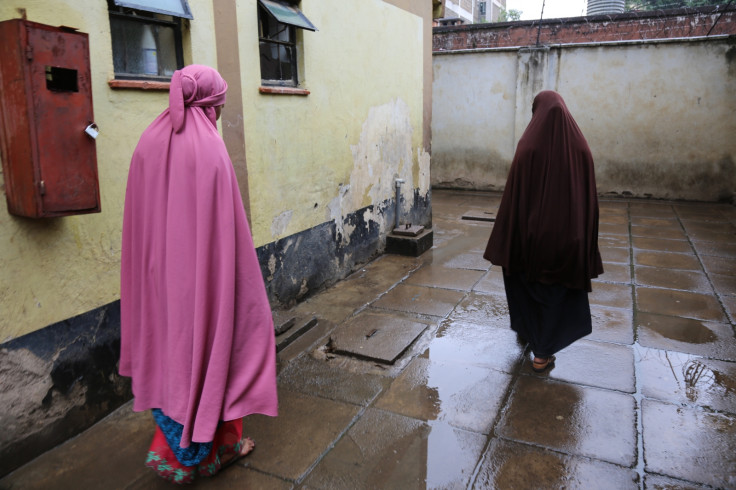Somalis leaving Kenya due to threats and pressure from authorities, UN claims
Refugees are registering to return to war-torn Somalia over fear of Kenyan security officials.

Somali refugees living in Kenya are leaving the country due to threats and pressure from security officials, the United Nations refugee agency (UNHCR) has claimed.
For more than 20 years, Kenya has been home to generations of Somalis who have fled their war-torn country. However, instead of finding solace, there have been increasingly disturbing reports of police harassment and abuse targeted at Somali refugees.
The East African nation announced on 6 May its decision to close the Dadaab refugee camp — populated at 95% by Somalis — by 30 November this year after describing it as an economic burden and a "breeding ground" for terrorism.
'Threatening rhetoric by Kenyan officials'
The UN refugee agency has claimed that a worrying number of some of the 326,611 Somalis living in Dadaab are registering to return to Somalia for fear of Kenyan security officials.
"Families we have interviewed and many of those who filled the repatriation forms have shown that they are returning because of threatening rhetoric by Kenyan regional security officials who recently visited the camp," Mohamed Mahad Gurhan, an officer in UNHCR's Dadaab office, was quoted as saying by VOA's Somali Service.
According to families interviewed by UNHCR, Kenyan regional security officials allegedly told refugees they must leave Dadaab before they are forcibly driven out "when the camp shuts down this month".
"We spoke to families in the camp who are returning for fear, not willingly or voluntary," Gurhan said.
The Tripartite Commission formed by UNHCR and the governments of Kenya and Somalia agreed to scale up assistance to Somali refugees in Kenya willing to return home and last month agreed on a strategy to carry out the voluntary repatriation of some 425,000 Somali refugees over a five-year period. The Tripartite, however, agreed refugees would not be forced across the border, back into Somalia, where they are vulnerable to theft and exploitation by armed groups — such as al-Shabaab.
IBTimes UK earlier reported that Kenya's Somali refugees also feared they would face forced recruitment, gender-based violence and persecution if Kenya went ahead with its plans to expel them from its territory.
"The return of refugees to Somalia would contravene international obligations," the UNHCR officer, said. "We are committed to ensure that all returns to Somalia are voluntary and carried out in dignity, safety and protection. UNHCR would never be part of a repatriation process that forces refugees."
According to VOA, UNHCR has received reports that gunmen have robbed former refugees of their possessions once they have returned to Somalia.

Kenya government softens decision to close Dabaad
Given the security situation in Somalia the repatriation process will take longer than expected — despite 116 Somali refugees returned from Dadaab camps to Mogadishu as part of a new phase of voluntary repatriations from Dadaab.
Interior minister Joseph Nkaissery has recently said the Kenyan government would hold off closing Dadaab until peace in Somalia is restored.
Last month, the UN refugee agency appealed to donors for an additional US$115.4m (£88.08m) for voluntary return and reintegration of Somali refugees from Dadaab, after having previously requested for $369.4m for the "Somalia situation".
"UNHCR is committed to ensuring that all returns to Somalia are voluntary and carried out in dignity, safety and with the protection of refugees paramount at all times," Valentin Tapsoba, director of UNHCR's Africa Bureau, said. "In order to do this, we are requesting the international donor community to support this additional appeal so that returning Somalis can go back to their home country with the best possible opportunities to re-establish themselves and their families in peace and stability."
Instability in Somalia, compounded by the consequences of recurring natural disasters like famine, has internally displaced 1.1 million while more than 900,000 Somalis found refuge in neighbouring countries — half of whom reside in Kenya.
© Copyright IBTimes 2025. All rights reserved.






















